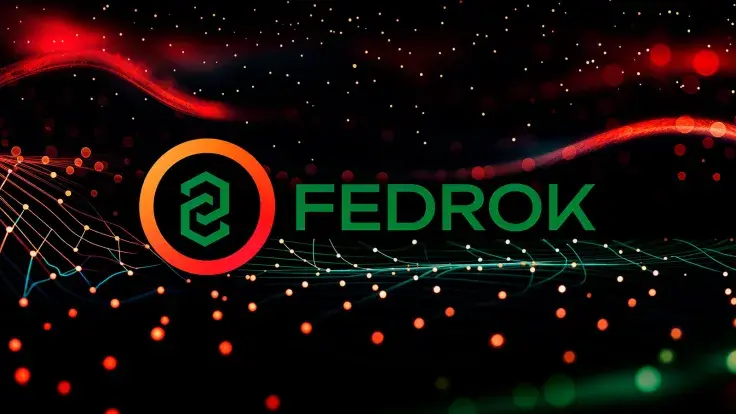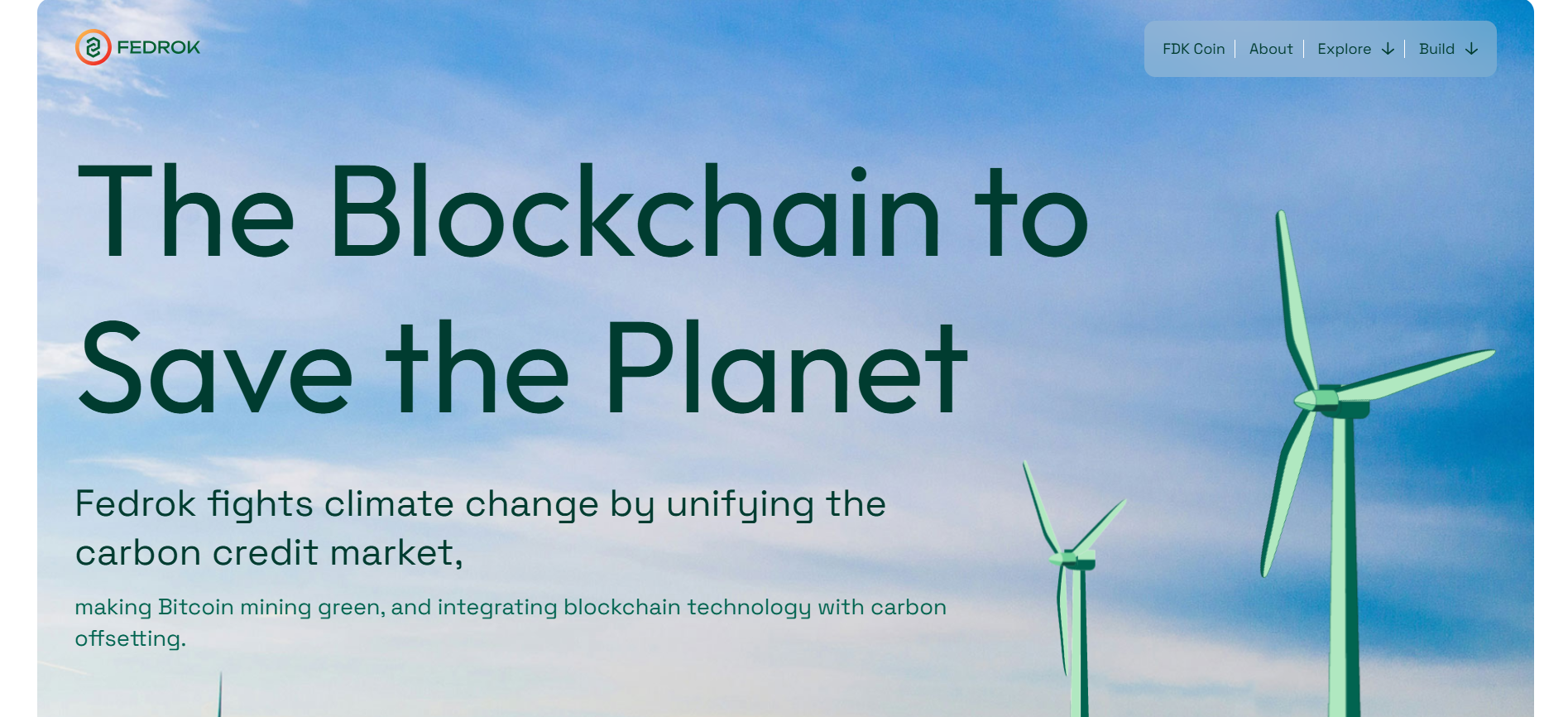
Disclaimer: The opinions expressed by our writers are their own and do not represent the views of U.Today. The financial and market information provided on U.Today is intended for informational purposes only. U.Today is not liable for any financial losses incurred while trading cryptocurrencies. Conduct your own research by contacting financial experts before making any investment decisions. We believe that all content is accurate as of the date of publication, but certain offers mentioned may no longer be available.
Critics of the energy-intensive consensus proof-of-work mechanism argue that Bitcoin heavily contributes to overall environmental pollution while “digital gold” supporters argue that the industry’s outsized contribution to greenhouse gas emissions is overstated.
Bitcoin's (BTC) ecological impact remains controversial
According to the Cambridge Bitcoin Electricity Consumption Index, Bitcoin mining uses 175.82 terawatt-hours/TWh annually, which ranks it higher than most countries - and 24th if it was a country. As far as greenhouse gas emissions go, Bitcoin ranks higher than several countries, such as Zambia, Israel, Greece and Kenya.
Despite high levels of electricity usage and carbon, Bitcoin supporters argue that crypto mining is good for the environment in several ways: from offering a new, energy-hungry market that will encourage renewable projects to help lead a renewable energy boom, revolutionize the energy grid, and soak up excess energy that would otherwise be wasted.
This article will explain the challenge of Bitcoin’s energy-intensive mining process, the rise of green mining in Bitcoin and how companies are helping protect our planet while promoting Bitcoin mining.
According to the International Energy Agency, crypto mining accounts for 2% of global electricity usage, a figure that is estimated to rise to 3.5% by 2027. Bitcoin mining currently contributes to 0.7% of the global carbon footprint and could rise to 450 million tons by 2027, or 1.2% of the world total.
This increase has led to several global climate organizations calling on regulators to implement tougher measures in the industry. For instance, during the 2024 United Nations Climate Change Conference (COPA29), a report called for the introduction of a cryptocurrency mining levy to curb the high energy demand of crypto mining. According to the report from the Global Solidarity Levies Task Force, a $0.045 per kWh levy should be introduced to reduce emissions and raise over $5.2 billion in revenue to combat climate change.
Major blockchain company Fedrok implements novel green mining practices
Despite the criticisms and tough global regulations in place for Bitcoin mining, several experts in the field believe crypto mining's effects on the environment are overstated. Crypto advocates argue that the proof-of-work process is becoming more energy efficient - that more and more miners are turning to renewable energy sources like wind, solar or hydropower, as opposed to coal or natural gas.

In addition, Fedrok, a Swiss-based blockchain company, is aiming to make Bitcoin mining "greener" by combining sustainability with regulatory rigor. The company employs a proof-of-green (PoG) concept to incentivize greener blockchain mining. It rewards miners using renewable energy with FDK coins, directly linked to carbon credits.
The mechanism integrates miners who meet specific environmental criteria, verified by auditors, who reward miners based on proportional carbon reduction efforts. Fedrok operates under Swiss regulatory standards, which are known for their strong emphasis on compliance and governance. This framework allows Fedrok to align its blockchain initiatives with established global norms, positioning the company to address both technological innovation and environmental responsibility with transparency.
Finally, blockchains such as Ethereum moved from a proof-of-work mechanism to a proof of stake (PoS), which reduces energy usage by more than 99% compared to Bitcoin’s system. More blockchain networks are employing PoS to reduce electricity usage and carbon emissions as users only need to stake their tokens to secure and verify transactions on the network.
Green initiatives like incentivization by Fedrok will need to scale globally to ensure Bitcoin miners integrate more environmentally friendly measures in their process. Lowering the barriers to entry for crypto miners in renewable energy through lower costs or regulatory alignment could also incentivize miners to select more environmentally friendly energy sources.

 Dan Burgin
Dan Burgin Vladislav Sopov
Vladislav Sopov